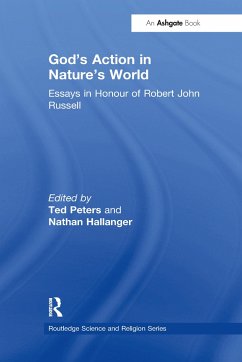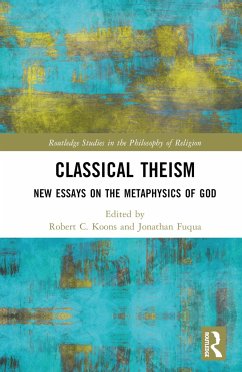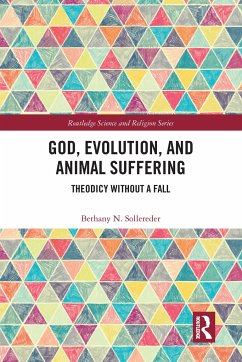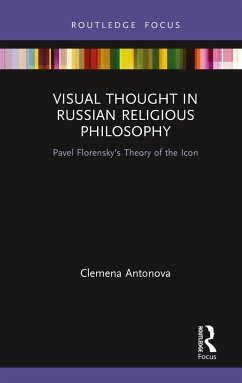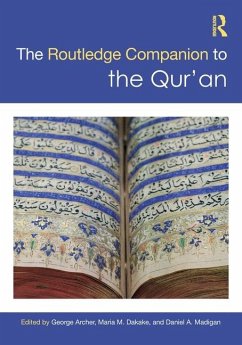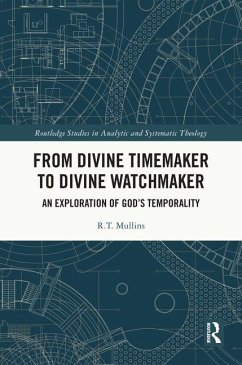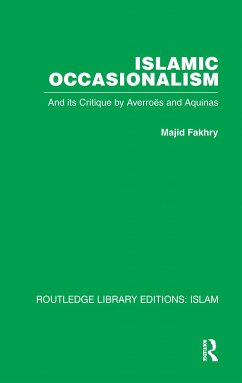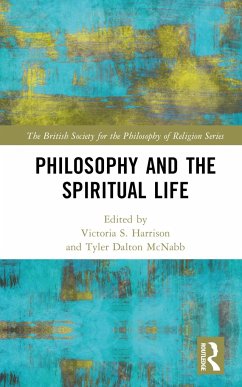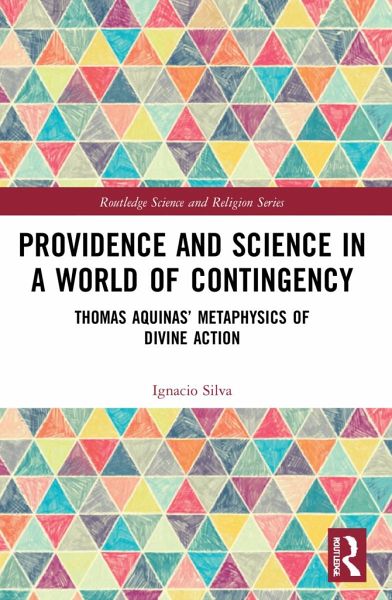
Providence and Science in a World of Contingency
Thomas Aquinas' Metaphysics of Divine Action
Versandkostenfrei!
Versandfertig in 6-10 Tagen
43,99 €
inkl. MwSt.
Weitere Ausgaben:

PAYBACK Punkte
22 °P sammeln!
Providence and Science in a World of Contingency offers a novel assessment of the contemporary debate over divine providential action and the natural sciences, suggesting a re-consideration of Thomas Aquinas' metaphysical doctrine of providence coupled with his account of natural contingency. By looking at the history of debates over providence and nature, the volume provides a set of criteria to evaluate providential divine action models, challenging the underlying, theologically contentious assumptions of current discussions on divine providential action. Such assumptions include that God ne...
Providence and Science in a World of Contingency offers a novel assessment of the contemporary debate over divine providential action and the natural sciences, suggesting a re-consideration of Thomas Aquinas' metaphysical doctrine of providence coupled with his account of natural contingency. By looking at the history of debates over providence and nature, the volume provides a set of criteria to evaluate providential divine action models, challenging the underlying, theologically contentious assumptions of current discussions on divine providential action. Such assumptions include that God needs causally open spaces in the created world in order to act in it providentially, and the unfitting conclusion that, if this is the case, then God is assumed to act as another cause among causes. In response to these shortcomings, the book presents a comprehensive account of Aquinas' metaphysics of natural causation, contingency, and their relation to divine providence. It offers a fresh and bold metaphysical narrative, based on the thought of Thomas Aquinas, which appreciates the relation between divine providence and natural contingency.





